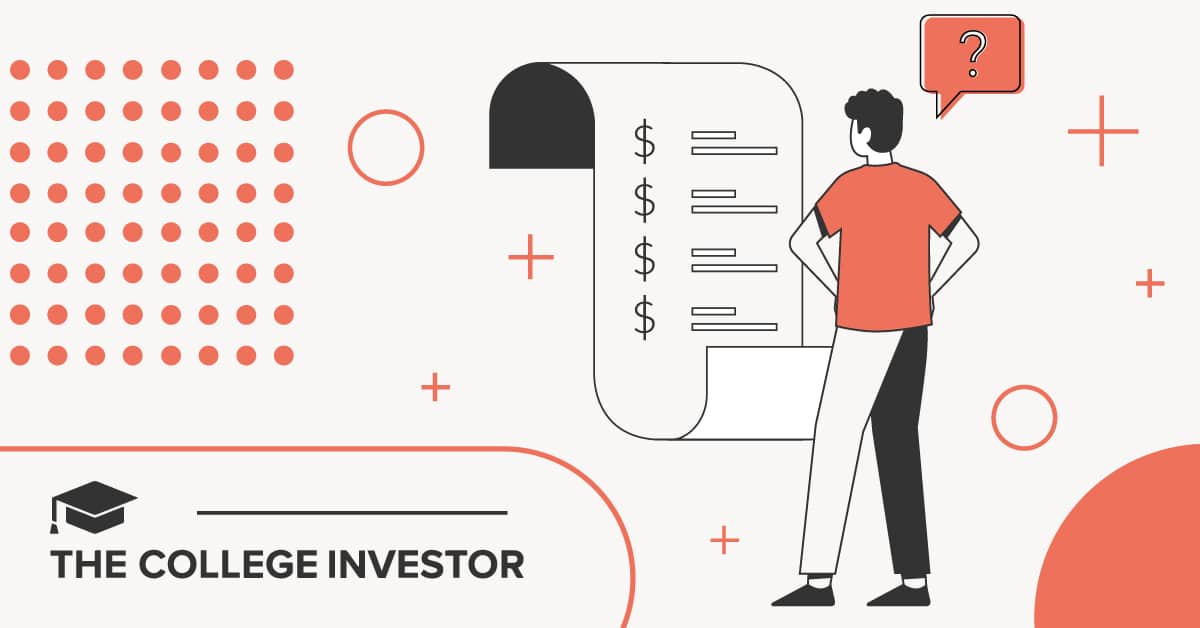Coming to Terms With Your Debt Situation – Debt Relief Programs | American Credit Card Solutions – Home


Dealing with credit card debt can feel overwhelming and suffocating. It’s a situation that millions of Americans find themselves in. However, with the right mindset, you can beat this challenge. The first step in overcoming it is acknowledging and accepting your current financial state. Once you’ve done that, it’s time to take a closer look at potential solutions to your credit card debt woes.
The first step in understanding your debt is fully understanding your personal financial situation. Take an inventory of all your credit card balances, their associated interest rates, and minimum monthly payments. This helps paint a clear picture of your debt and lays the foundation for addressing it.
With credit card debt, exploring all available options to resolve it is crucial. Debt settlement is a potential option for individuals overwhelmed by their credit card payments. It involves negotiating with creditors to settle your debt for less than the total amount owed. While debt settlement can be a great solution, it’s still important to understand the potential implications should you choose this method of resolution.
Debt settlement can negatively impact your credit score, as settled accounts may be reported as “settled for less than the full amount” on your credit report. However, this is just temporary – your score will recover as each account is paid off and you continue practicing positive financial behavior.
Additionally, the forgiven portion of the debt may have tax implications. So before you pursue debt settlement, it’s crucial to evaluate whether it’s the right choice for your specific financial situation. Seeking guidance from a financial advisor or credit counselor can help you understand debt settlement’s potential benefits and drawbacks, allowing you to make an informed decision.
While debt settlement is one potential approach to managing credit card debt, exploring other options is important too. Here are a few alternative strategies to consider. While these won’t directly lower your accumulated balances, they are still viable options in resolving debt:
A debt management plan involves working with a credit counseling agency to negotiate lower interest rates and more manageable payment terms with your creditors. This can be an effective option for individuals committed to repaying their debts in full .
If you have good credit, transferring your high-interest credit card balances to a card with a lower interest rate can provide temporary relief. Many credit card companies offer introductory periods with 0% APR on balance transfers, allowing you to make progress in paying down your debt without accruing additional interest. However, it’s important to fully understand the terms you’re accepting when applying for a new credit card.
Consolidating your credit card debt with a personal or debt consolidation loan can streamline your repayment process and potentially reduce the overall interest you’ll pay. Personal loans often come with lower interest rates than credit cards, making them a viable option for debt consolidation.
Taking a proactive approach to budgeting and financial management can help you identify opportunities to reduce expenses and increase the amount you are able to put towards paying off your debts. By creating a realistic budget and sticking to it, you can allocate more funds toward paying down your debts and achieving financial stability.
Dealing with debt can be emotionally taxing, and having a support system in place can make a significant difference. Whether you seek advice from a financial advisor or talk with friends and family about your situation, having a support network can provide valuable guidance and reassurance during this challenging time.
Coming to terms with your debt situation is an empowering step towards taking control of your financial future. By exploring solutions such as debt settlement, developing a repayment plan, and seeking support, you can begin to break free from the burden of credit card debt. It’s essential to approach this journey with patience, determination, and a positive mindset.
In conclusion, confronting credit card debt can be a daunting experience, but it’s essential to remember that there are many potential solutions. Debt settlement is one strategy individuals struggling with credit card debt can consider as they work toward financial freedom. By carefully assessing your options, seeking support, and taking proactive steps, you can navigate your debt situation and pave the way for a brighter financial future.
Request your Custom Debt Relief Plan to speak with an ACCS Certified Debt Specialist today!

Getting a business loan takes planning, but it doesn’t have to be overwhelming. If you know what lenders are looking...

By Mara Riemer, Hannah-Page Salisbury, and Bri Murphy — Brunswick Group In 2025, the labor landscape is undergoing a seismic...

Finding the best student loans and current student loan rates can be daunting. Paying for college is already challenging enough,...